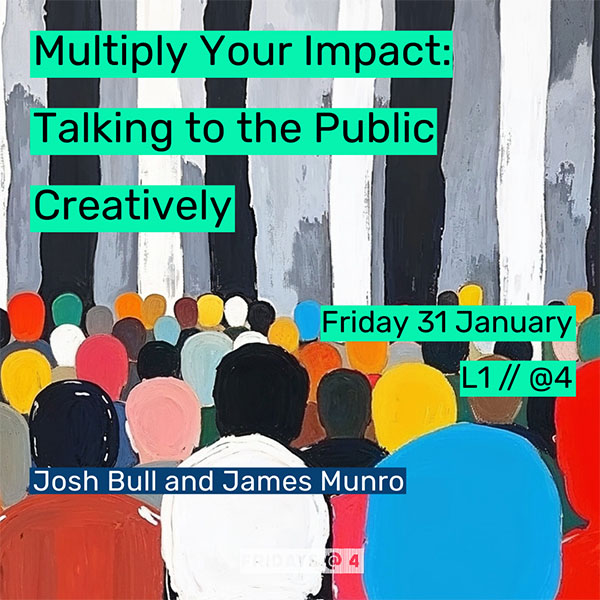A unitary three-functor formalism for commutative Von Neumann algebras
Abstract
Six-functor formalisms are ubiquitous in mathematics, and I will start this talk by giving a quick introduction to them. A three-functor formalism is, as the name suggests, (the better) half of a six-functor formalism. I will discuss what it means for such a three-functor formalism to be unitary, and why commutative Von Neumann algebras (and hence, by the Gelfand-Naimark theorem, measure spaces) admit a unitary three-functor formalism that can be viewed as mixing sheaf theory with functional analysis. Based on joint work with André Henriques.


